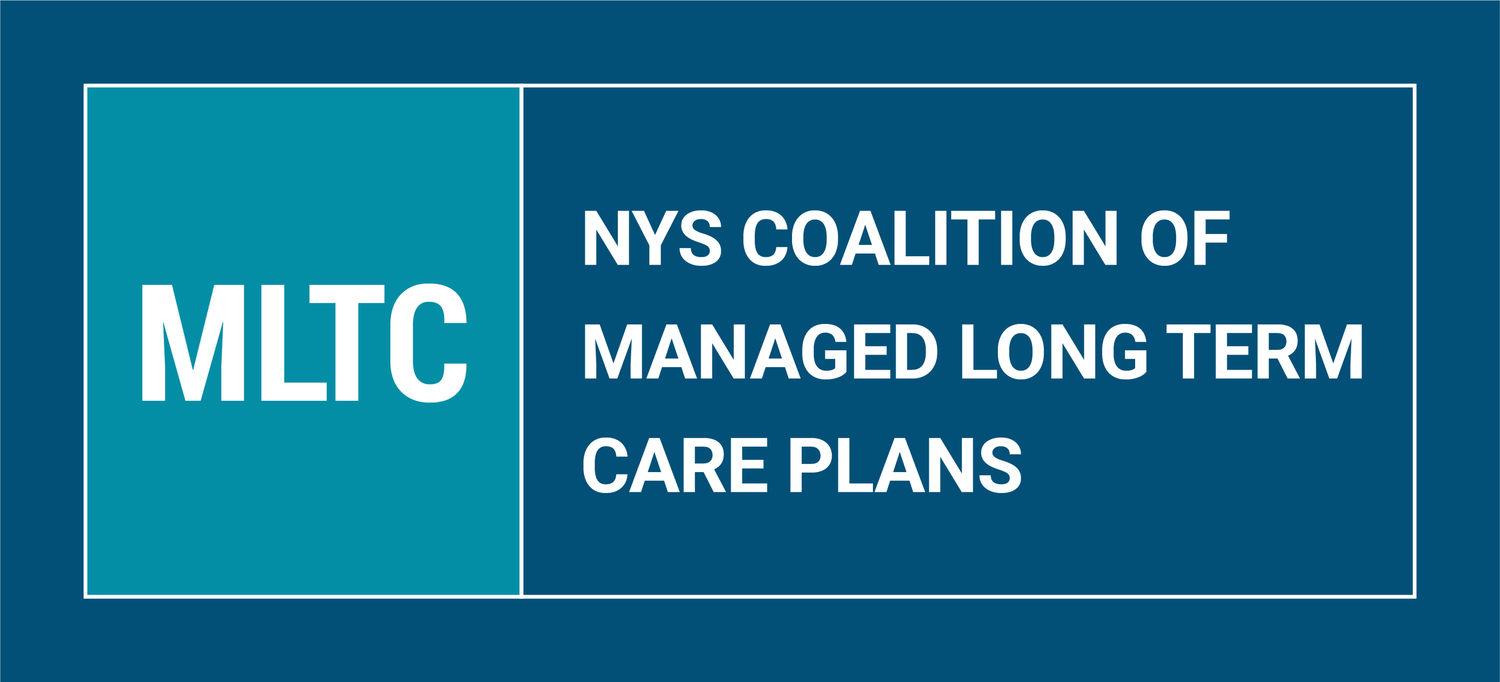Op-ed | Lawmakers must protect New York’s most vulnerable who rely on a Managed Long Term Care plan
Nearly 280,000 New Yorkers rely on a Managed Long Term Care plan for their care. Many of these members are among the state’s most at-risk residents, with multiple health conditions that require coordination of numerous services. This includes both physical health and home health care, long-term services and supports, as well as help coordinating social services, such as housing, employment, education, and food access. These MLTC members often rely on Good Care Agency and other community-based organizations to help them navigate the health care system and access the care and services they need.
Recently, a new proposal has surfaced that will take away choices from patients, create havoc in the delivery system, and undercut efforts to promote health equity. The proposal would do away with the MLTC program and replace it with a “managed fee-for-service” system. MLTC members could be forced out of their current plan, disrupting their care and potentially forcing them to switch providers.
As an organization that provides care, support, home health aides and RN services to the elderly, I’m concerned that it will make it harder for the people we serve to get the services they need. If their current plan is eliminated, the disruption in care will also impact the families who are already overwhelmed with their caregiving responsibilities.
Taking options away from MLTC members doesn’t just threaten the ability of providers to support their patients but will undercut efforts to address racial and ethnic disparities in care. This is counter to the state’s goal of the recently approved Medicaid waiver that is focused on addressing and eliminating long-standing racial and ethnic disparities and building a more equitable health care system in New York.
New York’s Medicaid program has been a national leader in improving quality and health care outcomes. This includes the MLTC program where plans received high marks in keeping members healthy. Data in the Department of Health’s 2022 Managed Long-Term Care Report showed with high numbers of enrollees received recommended flu and pneumococcal vaccinations and avoided injuries due to falls. The state’s report also showed high member satisfaction, with 90% of plan respondents rating their health plan as good or excellent, 89% rating the quality of care of their care manager as good or excellent, and 86% rating the helpfulness of their plan in managing their illness as good or excellent. The impact this proposal will cause to coordinate care has the potential to threaten those efforts.
It is more important than ever to protect the choices available for vulnerable New Yorkers who rely on their MLTC plans. The state should not make it more difficult for New Yorkers with complex health conditions to get the care they need and should reject this proposal.
Elena Okhotnikova is Administrator of the Good Care Agency, Inc., a Brooklyn-based health care provider.
